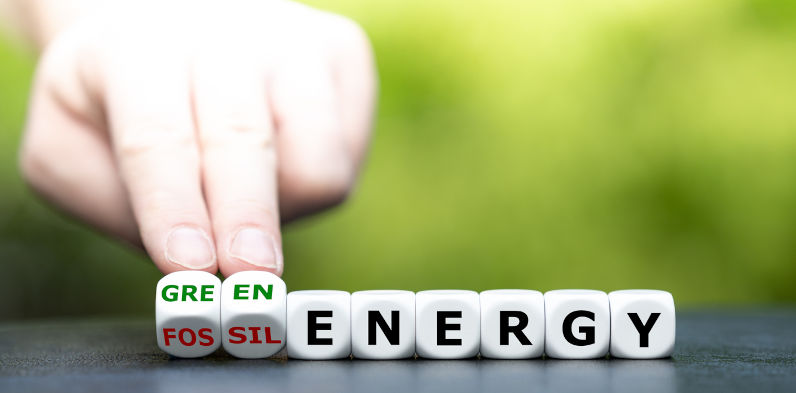'A big deal': Bowen says hosting COP31 will lift Australia’s standing and help accelerate renewables shift
May 31, 2025
Australia’s bid to co-host the United Nations COP31 climate talks in 2026 with Pacific nations has been described by Climate Change and Energy Minister Chris Bowen as a “remarkable opportunity” to restore Australia’s international climate leadership and help shape the global clean energy conversation.
Bowen told the Energy Efficiency Council’s national conference on Wednesday that he wants the event to put Australia on the international stage, and “knock it out of the park".
But Australia’s ambition could be jeopardised by its decision to approve a massive fossil fuel project.
As Royce Kurmelovs reports, Pacific leaders had recently suggested they would withdraw their support for Australia’s COP bid if the federal government approved Woodside’s application to extend the life of the North West Shelf gas project to 2070. New environment minister Murray Watt said on 28 May the government would approve the project.
The project, located off the Western Australian coast, is one of Australia’s most emissions-intensive fossil fuel operations.
The Australia Institute says emissions from Woodside’s expansion would be greater than all the emissions from all of Australia’s coal power stations each year and undermine Australia’s credibility on the world stage.
“A COP is a many-splendid thing,” Bowen said at the EEC conference, adding that it’s far more than a two-week diplomatic summit. “It’s a 12-month endeavour… a year-long presidency where Australia could continue to help shape the international conversation.”
He said hosting COP31 would allow Australia to bring a unique perspective as “a country which is very clearly, traditionally, a fossil fuel country, to talk about the opportunities of transition", and to showcase Australian innovation in clean energy and green hydrogen.
But Bowen didn’t mention the North West Shelf in his comments to the EEC. Rather, he was keen to emphasise the government’s commitment to the energy transition and underlined that the election showed Australians have an appetite for a serious, continued energy transition.
“This election was an energy election in no small way. The opposition said they wanted a referendum on energy. Okay, we’ve had one,” Bowen said.
“The Australian public are up for it, and I think, frankly, the recent election result showed the silent majority saying, ‘get on with it. Keep going.’”
If Australia does get to host COP31, it will be in South Australia, the state that leads the world in the uptake of wind and solar in its grid, with a 72% share over the last 12 months, and which has an unprecedented target of reaching 100% “net” renewables by 2027.
He described COP31 as “a big deal internationally,” not just diplomatically, but as a global trade fair and opportunity to advance Australia’s clean energy exports.
Among Australia’s future trading opportunities is the growing green hydrogen partnership with Germany, which Bowen said was “our most developed bilateral relationship when it comes to clean energy exports”, despite recent political changes there.
Internationally, Australia enjoys “overwhelming support” from the Western Europe group for its COP bid, Bowen said.
Whilst the government is still negotiating with Turkey, which is also seeking to host the summit, the decision will ultimately need to be made by consensus and is expected after nations file their updated 2035 emissions targets.
Bowen used the conference to reinforce the government’s commitment to setting an ambitious and achievable 2035 emissions reduction target. He stressed that the “law of the land” requires the government to seek scientific advice from the Climate Change Authority before announcing any new target.
“That advice will be transparent and released publicly,” Bowen said. “So if we haven’t followed it, people will be able to see.”
Bowen also signalled a stronger focus on energy efficiency and electrification in the government’s second term, following their first term which he characterised as focused on “big building blocks” – lifting renewable generation, industrial reforms, and transport transformation, including the long-contested new vehicle efficiency standards.
“I see energy efficiency as an important part of the embroidery of decarbonisation to complement the transition to renewables,” he said.
Nevertheless, it is Australia’s fossil fuel decisions, not its renewables ambitions, that may shape how the country’s climate leadership is viewed internationally in the coming weeks.
Republished from Renew Economy, 28 May 2025
The views expressed in this article may or may not reflect those of Pearls and Irritations.

